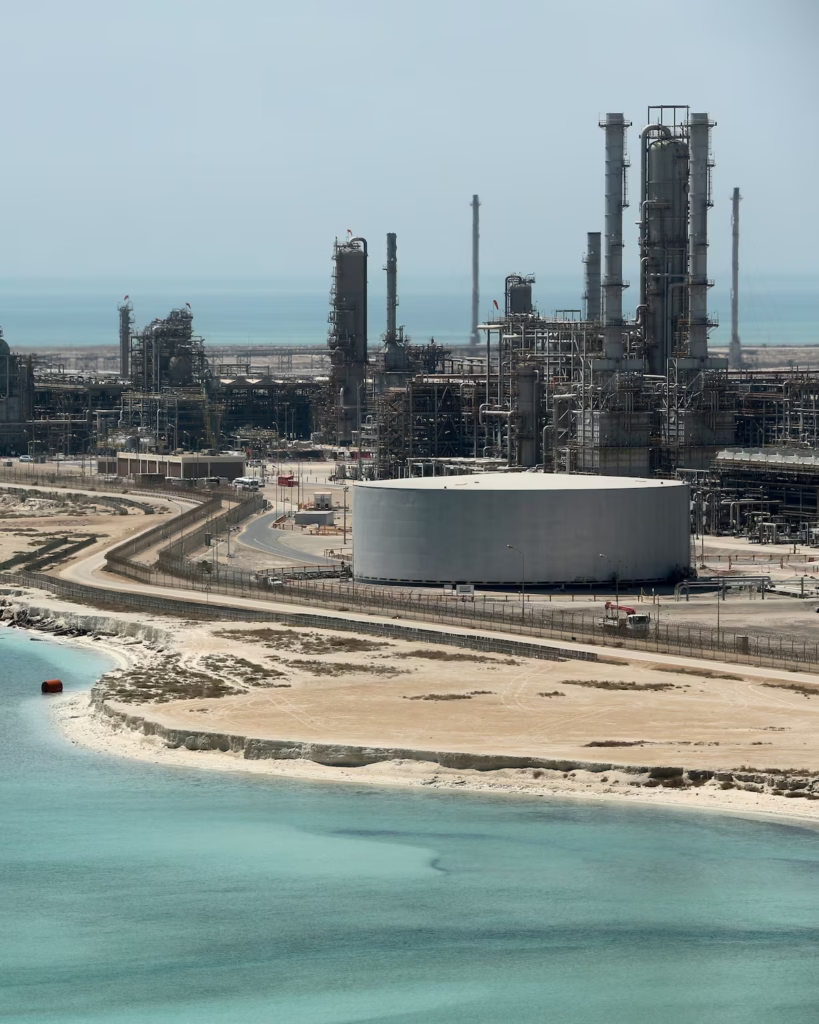The global crude oil market is experiencing major shifts. Since April 2025, OPEC+ nations — especially Saudi Arabia and Russia — have ramped up production by 1.37 million barrels per day (bpd).
This boost in Saudi Arabia oil export has started to reshape global supply and demand, putting pressure on U.S. producers and impacting prices worldwide.
Why Saudi Arabia Is Increasing Oil Exports
To regain market share: Saudi Arabia is working to reclaim its dominance, particularly as U.S. light sweet crude gains popularity in Asia.
To increase oil revenue: By pumping more barrels while prices hold steady, Saudi Arabia aims to maximize export income.
To stabilize OPEC+ discipline: This move is also seen as a way to rein in other OPEC+ members who were exceeding their production limits.
Global Impact of the Saudi Arabia Oil Export Increase
- U.S. Crude Feels the Heat
As Saudi Arabia oil exports grow, demand for American grades like WTI Midland and Light Louisiana Sweet has dropped. U.S. crude exports fell from 4 million bpd in April to 3.8 million in May. - Prices Under Pressure
Even though Brent crude is still hovering around $65 per barrel, the surge in Saudi output is creating a more competitive market that could drive prices down over the coming months.

What This Means for India
India, one of the world’s top oil importers, is benefitting from the rise in Saudi Arabia oil export. In May 2025, Saudi Arabia, Russia, Iraq, and the UAE collectively supplied 78% of India’s total crude imports, strengthening ties and offering more favorable pricing.
Outlook: Is an Oil Glut Coming?
If Saudi Arabia oil exports continue to rise through the summer, analysts warn that the market could shift into oversupply by Q4 2025. HSBC and other firms are forecasting that Brent crude could fall below $65 per barrel if OPEC+ doesn’t scale back.
Final Thoughts
The sharp rise in Saudi Arabia oil export is a strategic move with ripple effects across the global energy landscape. While importers like India and China benefit in the short term, it may spark price volatility and increased competition with the U.S. and other producers later this year.


